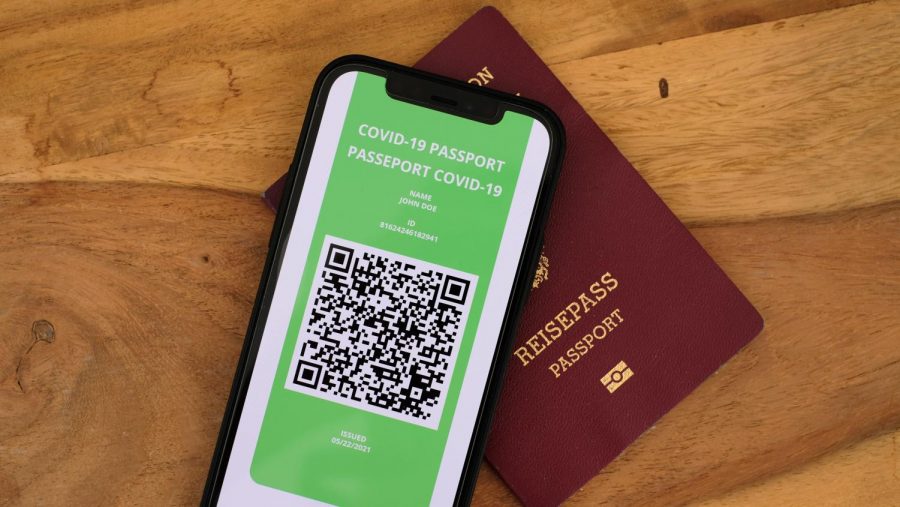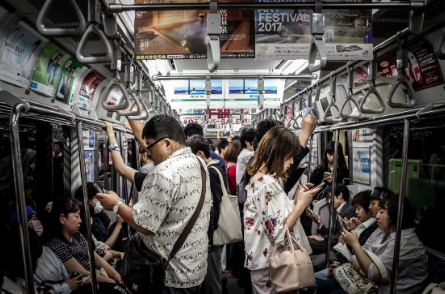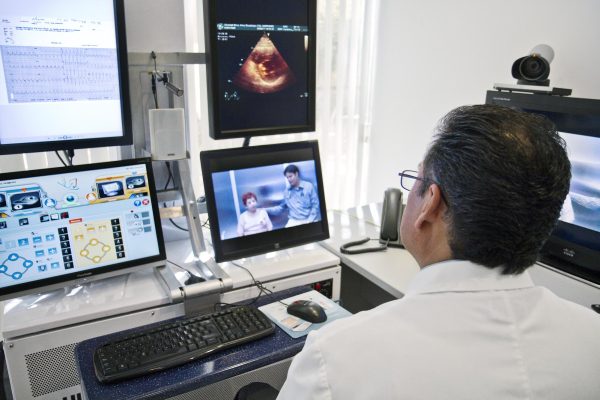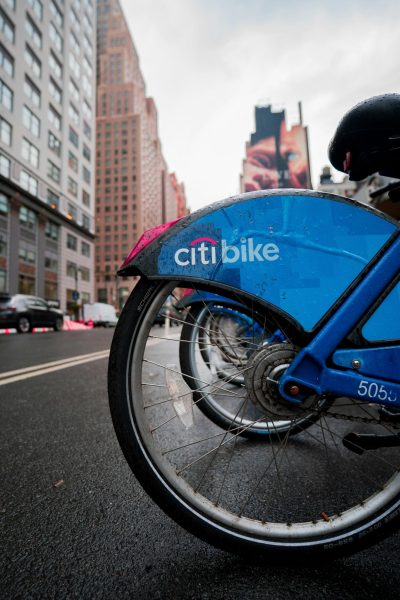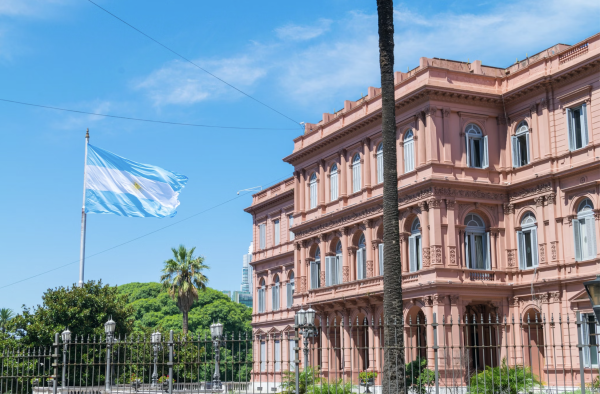Vaccine Passports and the Future of Society Post-Pandemic
The debate over vaccine passports and how COVID-19 will forever change a globalized economy.
Here is an example of a COVID-19 Vaccination Passport.
As the fight against the COVID-19 pandemic advances to its next phase in the form of a global vaccine rollout, intense scrutiny has been placed on the global health inequalities present nations. While some countries have reopened and are well on the path to economic recovery, others are still crippled by the pandemic.
There is no better place to witness this than in the Middle East, in which Israel currently holds the highest percentage of fully vaccinated citizens in the population at 56% as of April 11th, 2021 according to the Covid World Vaccination Tracker by The New York Times. Meanwhile, its neighboring nations of Egypt, Jordan, Lebanon, and Syria each have less than 5% of their total population vaccinated.
Marginalized populations have been particularly hard-hit by the pandemic as they lacked sufficient personal protective equipment and access to vaccines. In particular, Palestinians in the West Bank and Gaza were denied access to vaccines until late March of 2021, three months behind their neighboring Israelis. Experts on the United Nations Human Rights Council criticized Israel’s practices in a press release, stating “Morally and legally, this differential access to necessary health care in the midst of the worst global health crisis in a century is unacceptable … The denial of an equal access to health care, such as on the basis of ethnicity or race, is discriminatory and unlawful.”
These disparities in global vaccination efforts further compound the health disparities already experienced by marginalized populations. Alongside the clear imbalance in medical supplies, another important factor to consider in the fight against COVID-19 is its societal impacts and lasting effects post-pandemic.
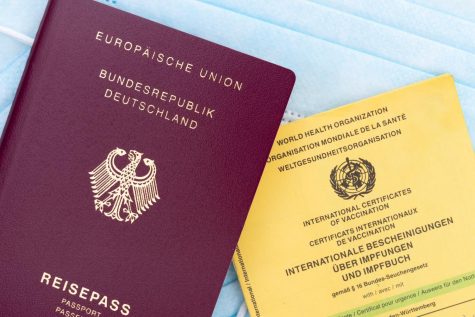
Vaccine passports, defined by WebMD as “proof that you’ve tested negative for or been protected against certain infections,” are the next point of debate in the discussion of inequalities across the global responses to the COVID-19 pandemic. While they seem like new terminology for the general public, vaccine passports have already been in place by the World Health Organization for other viral diseases, such as yellow fever, polio, and malaria. Proof of vaccination against yellow fever, for instance, is required for travelers to Costa Rica from certain nations.
In the fight against COVID-19, vaccine passports have differed significantly, whether they are digital or physical, with variations and jurisdictions varying by region. In the United States, the Centers for Disease Control has issued COVID-19 Vaccination Record Cards. While these paper cards only serve for records and organizational purposes, states have created their own digital portals for COVID-19 vaccination passes and test results, such as the New York State Excelsior Pass.
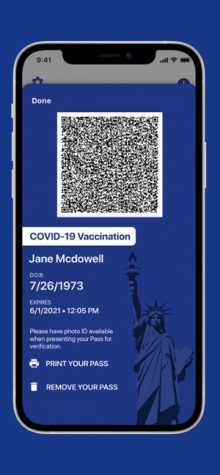
The Excelsior Pass, available for download to your phone, pairs with a scanner app sponsored by the state and are used to validate holders for entry into public spaces, such as the 2021 NFL Buffalo Bills postseason games. Likewise, in Israel, the Israeli Ministry of Health has issued its vaccinated citizens a Green Pass, with the country now mandating these passes in order to enter most public and outdoor spaces such as stadiums, theaters, gardens, and even restaurants.
Following the aftermath of the social justice movements that swept the globe in 2020, increased attention has been placed on systemic discrimination. As nations continue to implement different vaccine passports, the debate over their legitimacy rages on. While some countries only use vaccine passports to track and organize their vaccination rollout, others require them in order to enter public spaces and participate in activities. Requiring vaccine passports in order to enter a country, let alone your neighborhood restaurant, would isolate those who are non vaccinated and forever divide the population.
“Morally and legally, this differential access to necessary health care in the midst of the worst global health crisis in a century is unacceptable … The denial of an equal access to health care, such as on the basis of ethnicity or race, is discriminatory and unlawful.”
Jonathan Wu is a Sports Editor for ‘The Science Survey’ and is excited to apply his interests to journalism this year. As Sports Editor, he oversees...

